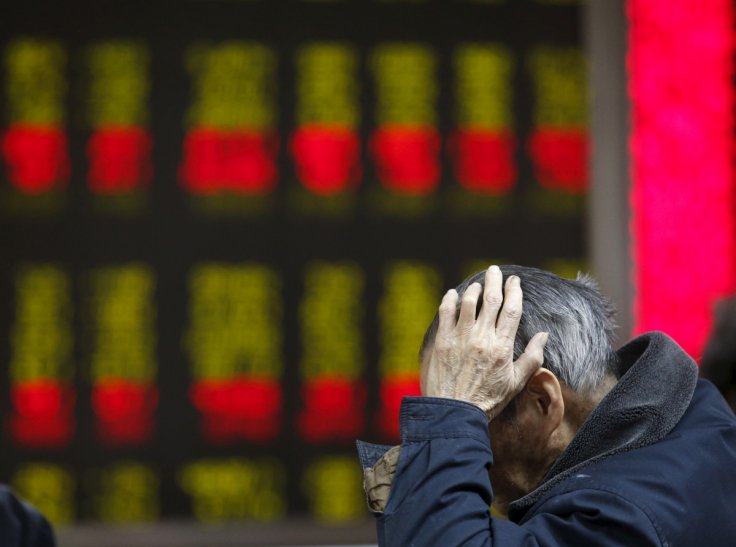The Asian equities fell for the second session after a warning about the US coronavirus or COVID-19 death toll had all the investors looking to the safety of dollars and bonds and gearing up for more bad news from US jobless figures, on Thursday.
The MSCI's broadest index of the Asia-Pacific shares outside of Japan fell by 1.2 percent. Nikkei of Japan extended that Wednesday's heavy drop with a 1.5 percent fall and the investors are beginning to get worried that the equities may re-test previous month's lows.
Asian equities fall

Markets in Hong Kong, Sydney, Shanghai and Seoul fell, though futures for the S&P 500 bounced following Wall Street's four percent plunge overnight. "Difficult days are ahead for our nation," US President Donald Trump told reporters at the White House on Wednesday.
"We're going to have a couple of weeks, starting pretty much now, but especially a few days from now, that are going to be horrific." Trump had initially played down the virus' severity, but White House medical experts now forecast that even if Americans follow unprecedented stay-at-home orders, some 100,000 to 240,000 people could die from the respiratory disease.
The World Health Organization said the global case count will reach one million and the death toll 50,000 in the next few days. It currently stands at 43,412. Markets are also steeled for bad news on the economic front when weekly US jobless claims data is released at 1230 GMT. "The shift in rhetoric from the White House has hurt some of the more bullish traders," said Michael McCarthy, chief strategist at brokerage CMC Markets in Sydney, while optimism about local stimulus was waning quickly.
Australia's benchmark ASX 200 index fell 2.6 percent, led by falls in bank stocks after New Zealand's central bank ordered a suspension of bank dividends - hitting Australia's banks, which own most of New Zealand's big lenders. Shelter was sought in the bond market, with the yield on benchmark 10-year US Treasuries - which falls when prices rise - dropping to 0.5680 percent, its lowest since March 10. The dollar held its overnight gains.
US JOBLESS SEEN SWELLING
Trump also said overnight that he is considering a plan to halt flights to coronavirus hot zones in the United States, which would hammer an already reeling airline industry and add to an overall slowdown that will curb corporate earnings. Wall Street's three major indexes fell more than four percent overnight. "The question of whether the US index goes to test the March lows will be all the talk today," Chris Weston, head of research at Melbourne brokerage Pepperstone, said in a note.
"Earnings estimates are too high," he said. "And when we're hearing of companies curbing buybacks, and shelving dividend plans, then we should expect this to resonate through earnings downgrades too." US labour market data will likely provide the next test. According to a Reuters survey of economists, initial claims for jobless benefits last week probably surpassed the week-ago record of 3.3 million, with 3.5 million expected.
In currency markets, safety and liquidity remained in hot demand, with the dollar standing at $1.0950 per euro and 107. 31 Japanese yen. It also mostly held gains against the Australian and New Zealand dollars and rose against emerging market currencies. Spot gold fell 0.5 percent to $1,584.33 an ounce. Oil futures bounced after overnight drops, before paring gains since the demand outlook remains weak and storage tanks are quickly filling with an oversupply of crude. Brent futures last traded $1 firmer at $25.78 per barrel and US crude was three percent higher at $20.96 a barrel.
(With agency inputs)








